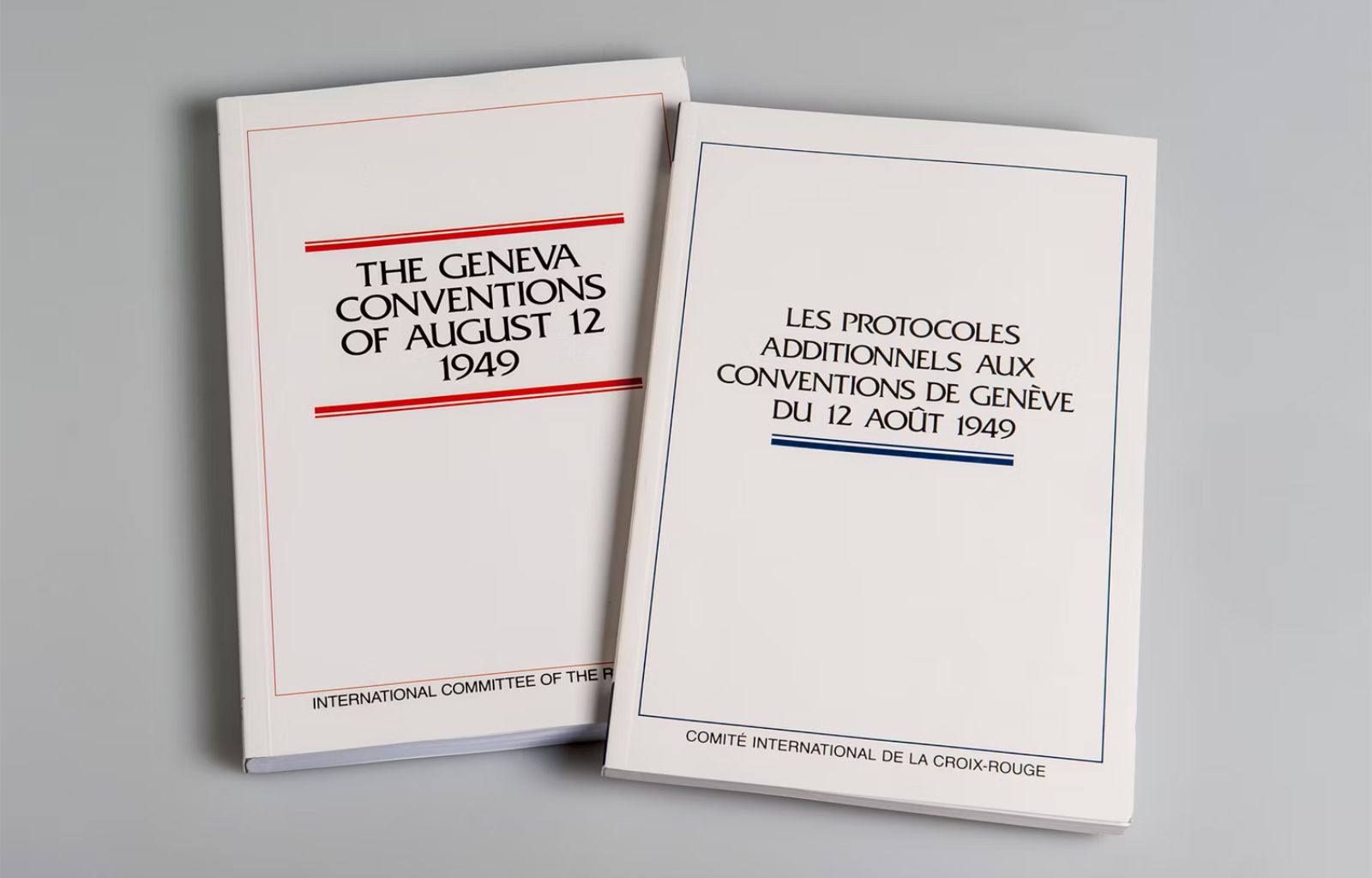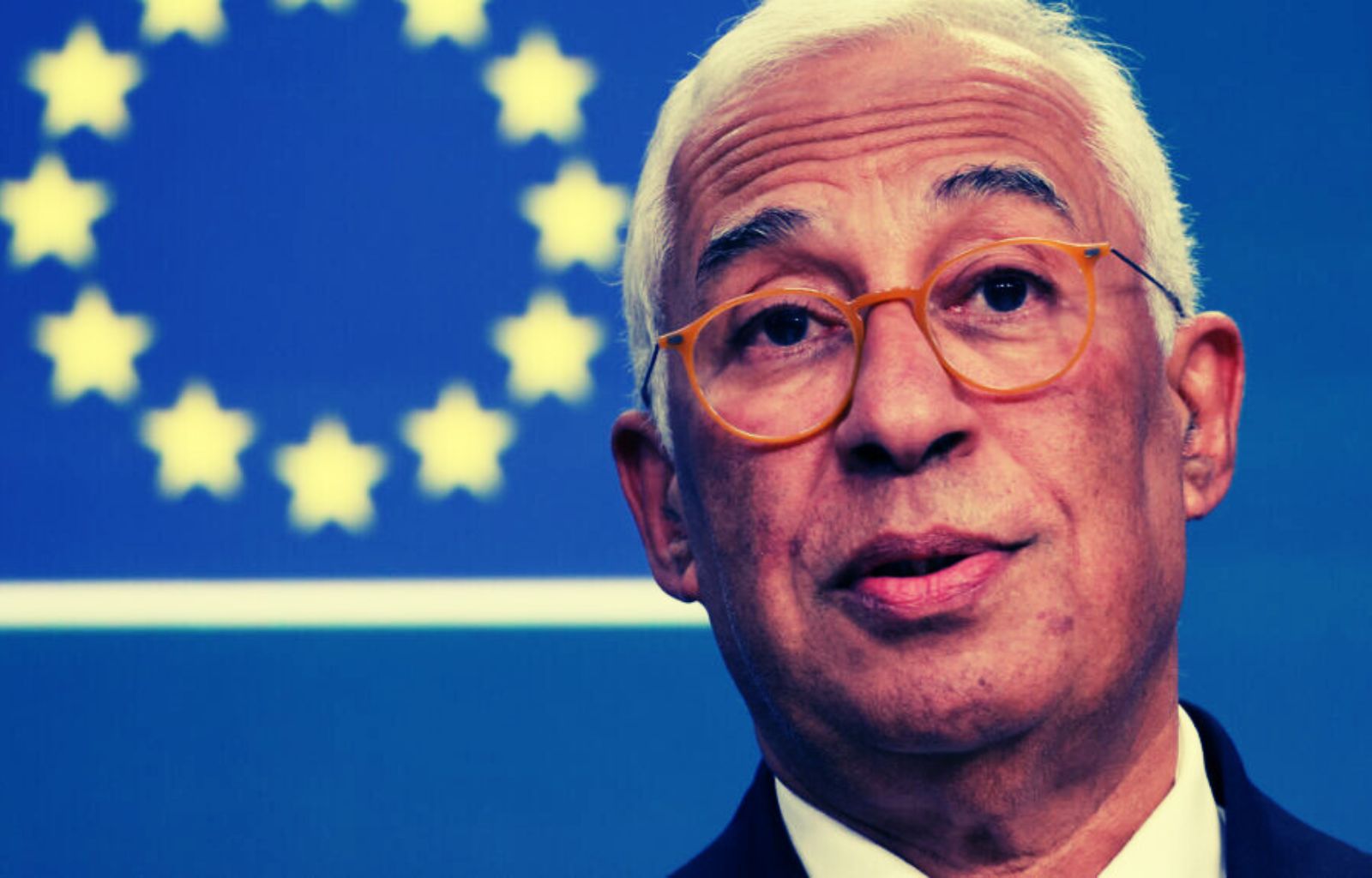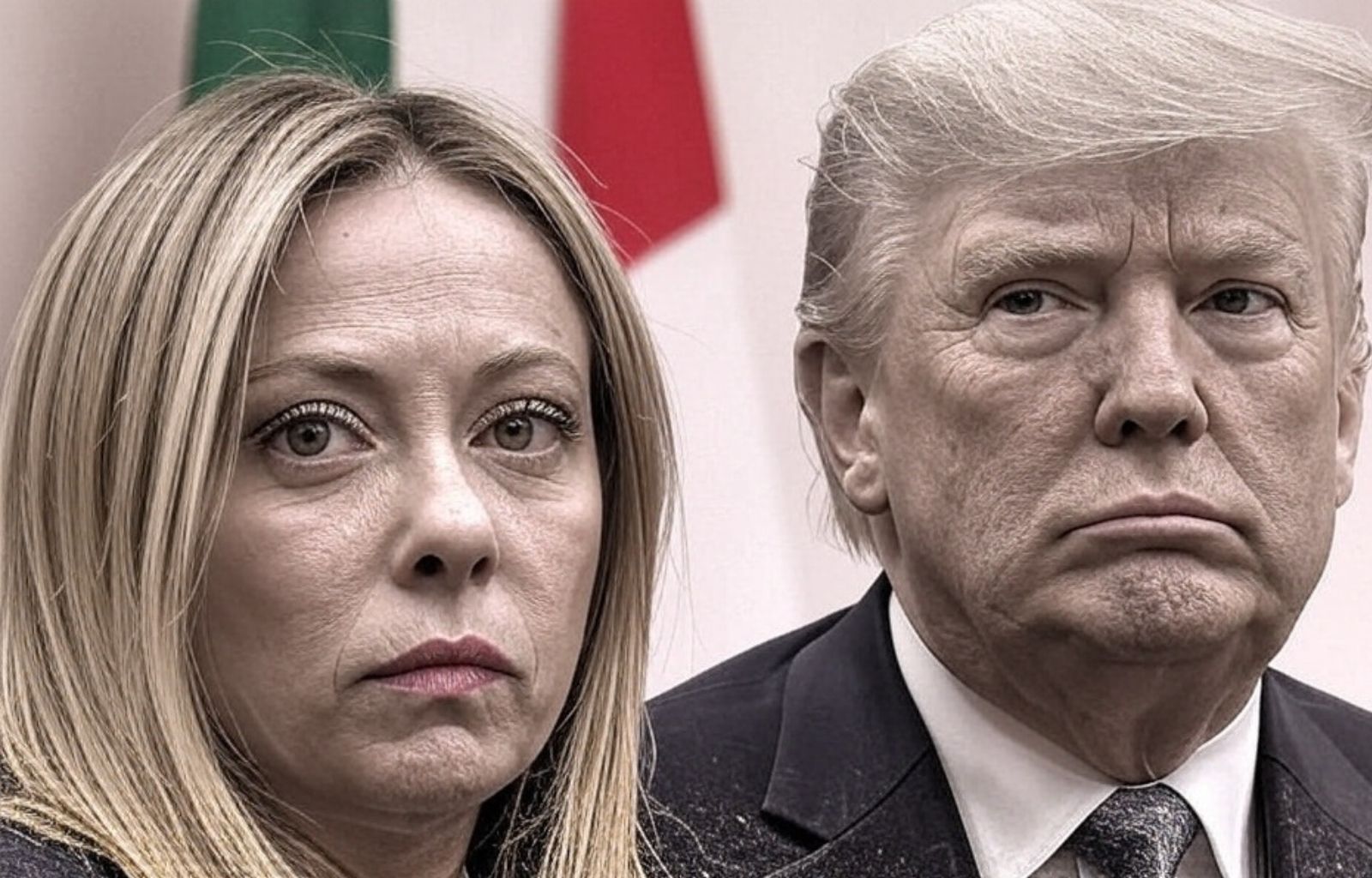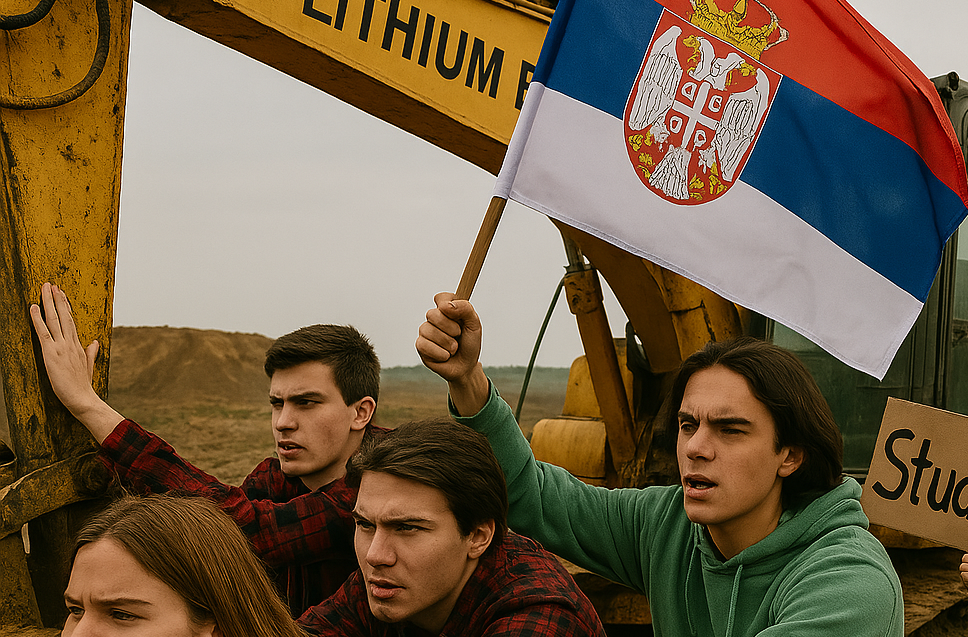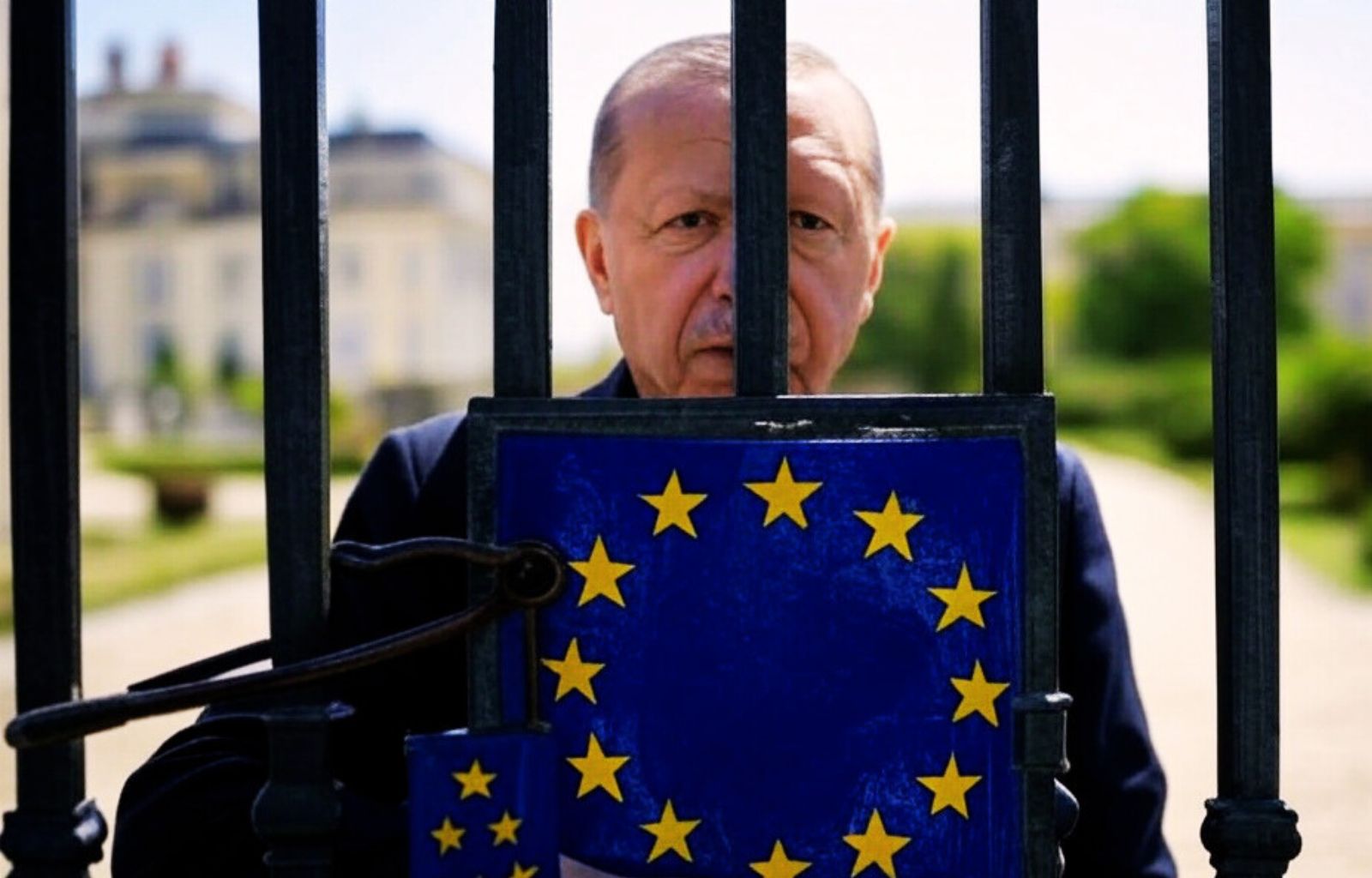The Sumy massacre: Trump washes Putin’s blood on his hands
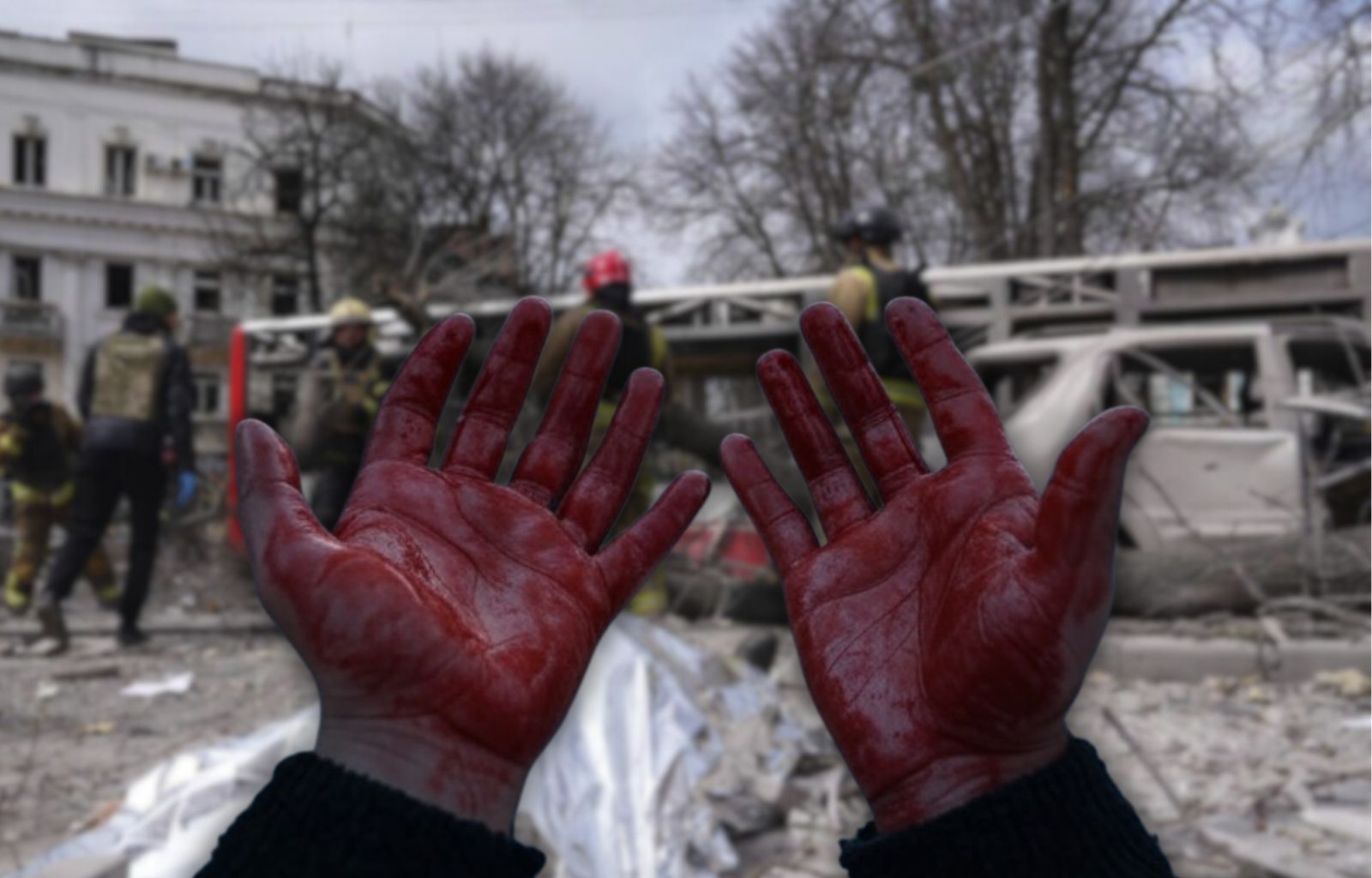
The Russian attack in Sumy, a Ukrainian town near the Russian border, is one of the most serious massacres in the current phase of the war. Two ballistic missiles with cluster bombs hit civilian areas in broad daylight: 34 dead, including two children. A planned massacre, not a mistake. A deliberate act, launched while the population was engaged in daily life.
There are no misunderstandings: the choice of target, the time of the attack and the use of banned weapons tell of a clear intention. Russia wanted to strike civilians to terrorise, to psychologically bend Ukraine’s resistance. It is the strategy of impunity, already seen dozens of times since 2014. But what is disconcerting today is not only the Russian action. It is the reaction – or rather, the cover – that the US administration gives to Putin.
Trump’s words: a manifesto of moral surrender
“The war between Russia and Ukraine is Biden’s war, not mine. I just arrived, and during my four years I had no problem preventing it. Putin, and everyone else, respected your president! (…) If the 2020 elections had not been rigged, that war would never have started. Zelensky and Joe Biden have done a horrible job in allowing this tragedy to begin‘.
These are the words of US President Donald Trump. Not an oversight, not an unfortunate exit. But a precise political statement. Instead of condemning Sumy’s attack, Trump removes it from the discourse, relegates it to a collateral incident in a self-referential narrative where the only theme is himself. The war, he says, is Biden’s fault. Ukraine’s fault. Putin? Not even named as responsible. On the contrary: described as a leader who ‘respected the President’.
Trump, in essence, adopts the same justifications as the Kremlin propagandists. He downplays the massacre, shifts the blame to Washington and Kyiv, and presents himself as the sole guarantor of peace, provided, however, that he is granted the legitimacy of power and narrative. It is a total reversal of reality: the invaded country is accused of ‘starting the war’. A democratically elected leader is accused of ‘allowing’ the invasion. Russia, the one truly responsible, disappears from the picture.
Kaja Kallas’ reply: ‘The mistake is to attack Ukraine’
Fortunately, not everyone in the West is silent. Kaja Kallas, the EU’s high representative for foreign policy, responded as follows: ‘I think it is in everyone’s interest that Russia realises it made a mistake, but it made a mistake by attacking Ukraine. And it cannot win, because the will of the Ukrainian people has not been broken. It is clear by now that if you want the killing to stop, you have to put pressure on Russia, which is the real culprit‘.
A statement that leaves no room for ambiguous interpretations. No ‘equidistance’, no play on words. Kallas reiterates a principle that should be obvious: one does not put the aggressor and the aggressed on the same level. One does not pretend that a war starts ‘by itself’, by mistake or geopolitical fatalism.
The immoral equation
Instead, even in Italy, this distortion continues to be normalised. There are those like Claudio Borghi of the Lega, or M5S exponents, but also those of AVS, who compare Ukrainian civilian victims to Russian soldiers who fell in battle. As if a child torn apart by a cluster bomb had the same moral weight as an armed invader. As if war were an abstract tragedy, without responsibility, without cause.
This is the real moral surrender: the fake pacifist neutrality. The connivance with the aggressor disguised as balance. The saying ‘they are all equal’ when one has invaded the other, bombs it daily and commits documented war crimes.
An appeal to Europe
Europe can no longer pretend. The images of Sumy – bodies in the rubble, lives broken in an instant – are no exceptions. They are the direct result of continuous aggression, unpunished. And until the United States and its allies impose a real cost on Russia, these massacres will be repeated.
Zelensky has been saying it for a long time: Putin is not looking for deals, he is looking for the West to give in. And Trump, with his words, lends him a hand. Because he who justifies the aggressor, who shifts the blame onto the victims, who speaks of respect for those who bomb civilians, has already chosen sides.
The question is no longer whether to stop the war. The question is: which side of history do we want to be on?

